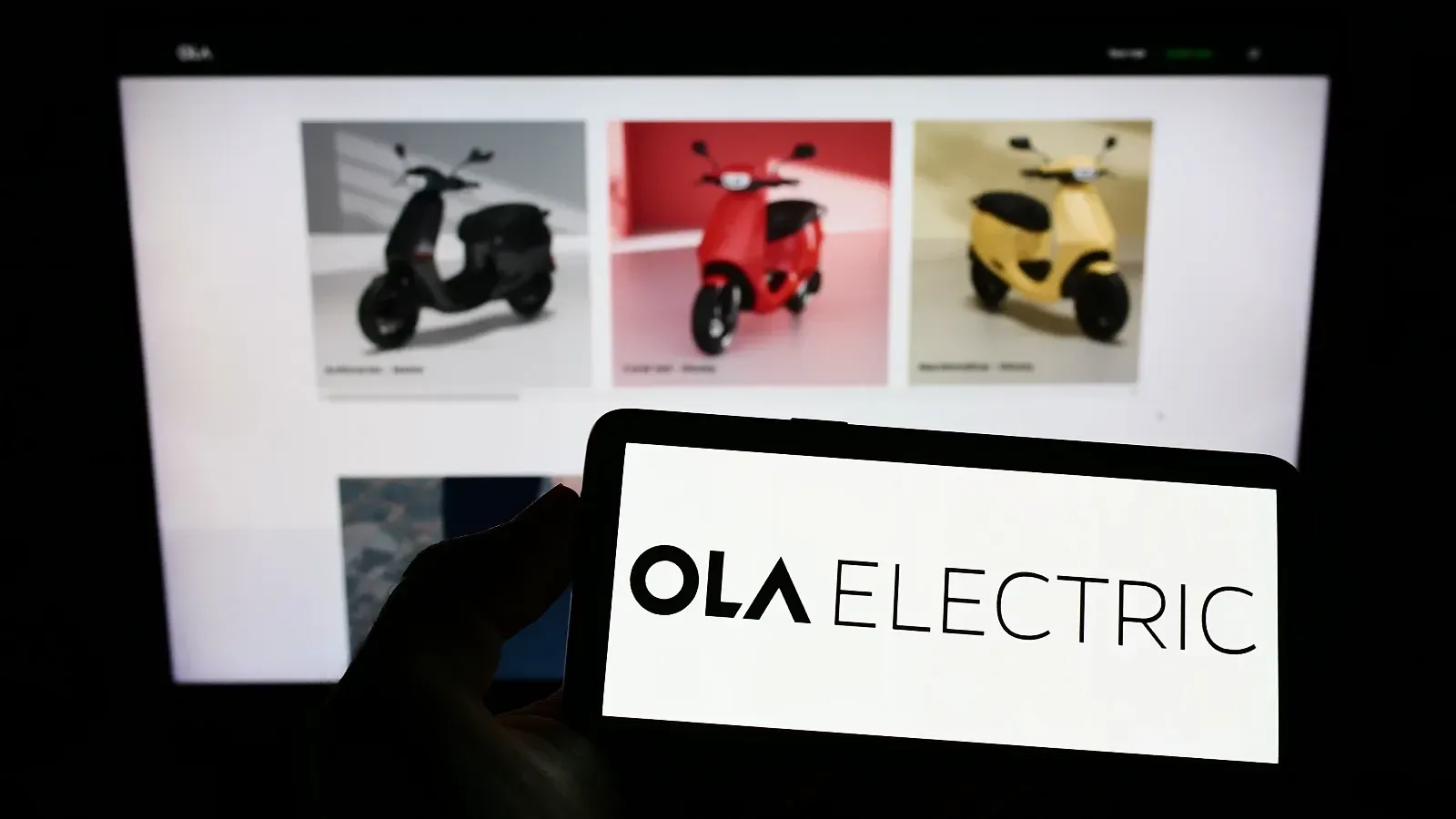Business News
Ola vs LG: Why is Ola’s indigenous battery tech under scrutiny?
.png)
3 min read | Updated on November 10, 2025, 12:49 IST
SUMMARY
Ola Electric alleged that fear of losing market opportunities prompted foreign rival to attack its indigenous battery innovation of '4680 Bharat Cell', refuting reports of stealing technology from South Korea's LG Energy Solution.
Stock list

Following the earnings announcement, shares of Ola Electric were trading at ₹49.80 apiece on the National Stock Exchange, falling 0.52%.
Indian electric vehicle maker Ola Electric has dismissed reports linking it to leaked proprietary battery technology from South Korea’s LG Energy Solution (LGES), calling the allegations “baseless” and “motivated by fear of competition” from India’s indigenous battery innovation.
Here’s what’s behind the dispute:
Reports in South Korean media last month said a former LG Energy Solution researcher, identified only as “Mr. A,” was being investigated by the country’s National Intelligence Service (NIS) and Seoul Metropolitan Police for allegedly transferring proprietary pouch-type ternary lithium-ion battery technology to Ola Electric in India.
According to the reports, the researcher joined Ola Electric in late 2023 and later passed on LG’s production processes and manufacturing know-how.
LGES reportedly discovered the breach earlier this year and informed the authorities, leading to the researcher’s dismissal and prosecution in October 2025.
The researcher reportedly admitted to transferring data but claimed he was unaware it was confidential.
The investigation has been described in South Korean media as a “national security case” involving leakage of “core national technology.”
In a statement issued late Sunday, Ola Electric said the timing of these reports, coinciding with the commercial rollout of its 4680 Bharat Cell, raised doubts about their intent.
“The fear of losing market opportunities, including a significant customer in Ola Electric, is prompting the foreign rival to attack an indigenous battery innovation,” the company alleged.
Ola said its new cell uses a cylindrical form factor with advanced dry electrode technology, not the older pouch cell design mentioned in the alleged leak.
“The old and dated pouch cell technology is not even an area of research or commercial interest for Ola Electric,” the company said.
The 4680 Bharat Cell is India’s first indigenously developed large-format lithium-ion cell, according to Ola. The company began mass production in mid-2024 at its Tamil Nadu gigafactory, which it says was built with ₹2,500 crore in investment.
Ola claims the new cell delivers more than 20% higher energy density than mainstream 2170 cells, enabling longer range and efficiency for EVs.
The company says it has 720 patent filings, including 124 granted, and employs more than 250 cell technology specialists at its Battery Innovation Centre in Bengaluru.
The controversy comes as the government pushes for domestic manufacturing and technological self-reliance under its clean energy and “Make in India” initiatives.
In September, Ola Electric filed a claim of ₹400 crore in incentives from the central government's production-linked incentive (PLI) scheme. The incentive, calculated at a rate of 13% to 14%, is expected to significantly strengthen Ola Electric's liquidity position and deliver a positive impact on its financial performance
Ola, one of India’s highest-profile EV startups, went public in 2025 and has positioned the Bharat Cell as a symbol of India’s battery independence.
South Korean authorities are continuing their investigation. The researcher has reportedly been dismissed by Ola and referred for prosecution.
Ola maintains that it has no connection to any leaked IP, saying: “We will not allow business rivalries or motivated media speculation to derail India’s push toward global leadership in clean energy and battery innovation.”
By signing up you agree to Upstox’s Terms & Conditions
About The Author
Next Story

